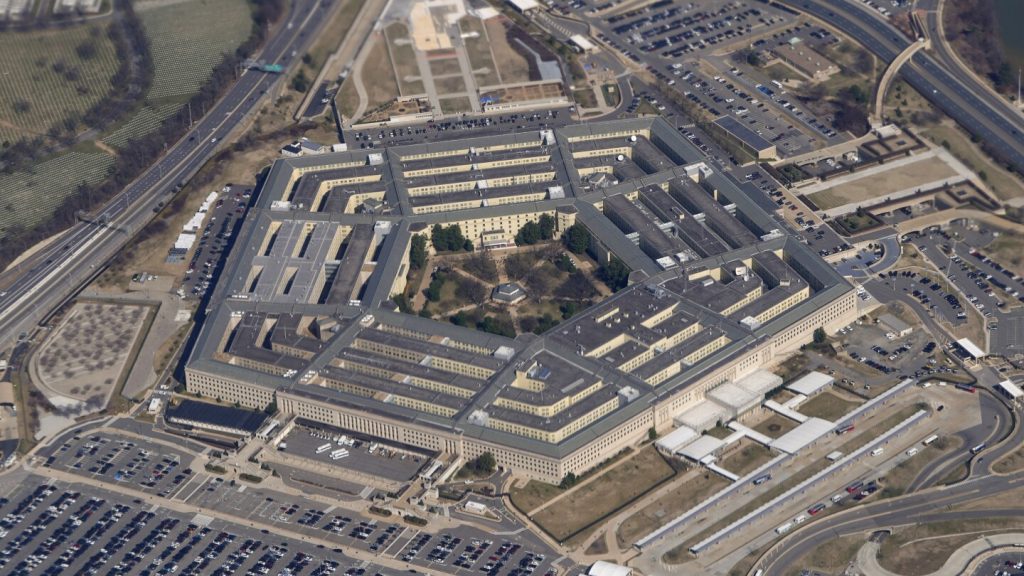In a controversial move, the Pentagon implemented a policy allowing service members to be reimbursed for travel if they or a family member needed to go out of state for reproductive health care, including abortions. This policy was put in place by Defense Secretary Lloyd Austin after the Supreme Court overturned Roe v. Wade. The policy was used just 12 times from June to December the previous year, totaling approximately $40,000 for lodging, meals, and transportation for out-of-state care. However, the Pentagon did not have data on the first five months of 2023 as a way to track those uses had not been established initially.
The policy does not cover the cost of abortions, and it remains unclear how many of the 12 trips were for abortions or other types of reproductive health care, such as IVF treatment. Due to medical privacy issues, the Pentagon does not have a specific breakdown of the services sought by the service members or their dependents. Under federal law, Defense Department medical facilities can only perform abortions in cases where the life of the pregnant person is at risk or in cases of rape or incest, which have been rare occurrences. Between 2016 and 2021, there were a total of 91 abortions performed in military medical facilities.
The controversy surrounding the policy led to Alabama Republican Sen. Tommy Tuberville holding up hundreds of military promotions for months in an unsuccessful attempt to get the Pentagon to rescind it. Eventually, Tuberville withdrew all of his holds in December. Many military officers directly impacted by Tuberville’s actions chose not to speak out for fear of being seen as political. However, as the uncertainty surrounding their careers increased, more officers began to voice their concerns about the impact the holds were having on their lives, families, and the military community in general.
The stress caused by the holds was highlighted when U.S. Marine Corps Commandant Gen. Eric Smith suffered a heart attack in October, just days after discussing the pressure of the holds at a military conference. Smith returned to his duties recently after fully recovering from the heart attack. The uncertainty created by the policy and the holds placed on military promotions have had a significant impact on the lives and well-being of service members and their families. The issue has raised concerns about the future stability of the military and the potential for talented officers to leave the service due to the pressures and uncertainties they face.


